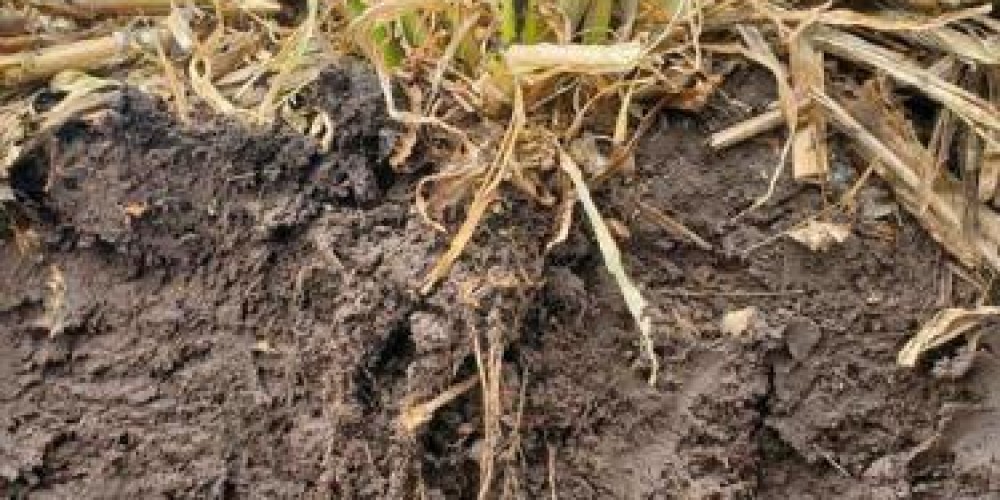Building a Sustainable Future Through Soil Health and Regenerative Agriculture
Added 5 months ago

Soil health is essential for life on Earth, as a thin, nutrient-rich layer of soil supports the plants and animals we depend on for food. While oceans cover 70% of the planet, only a small portion of land is fertile enough to sustain agriculture. One acre of healthy soil forms a vibrant ecosystem filled with organisms like fungi, bacteria, nematodes, arthropods, and earthworms, all working together to nourish plants and sustain life.
For thousands of years, humans farmed in harmony with nature. However, the last century saw the rise of industrial agriculture, which relies on machines, chemicals, and fossil fuels to boost productivity. While profitable, this approach has depleted over half of our topsoil, degraded organic matter, and contributed to climate change. In some areas, groundwater contamination from industrial farming poses further risks.
Increasingly, people are questioning where their food comes from and how it's grown. Regenerative and sustainable agriculture, focused on soil health, offer an alternative. Though not every farmer is convinced, many are open to change, especially as high input costs and shrinking profits put pressure on traditional farming methods.
Regenerative agriculture allows farmers to break free from dependency on large corporations for seeds and fertilizers. Though the transition to soil health practices may take time and appear untidy compared to conventional methods, the long-term benefits are substantial. These include reduced fertilizer and irrigation needs, improved water quality, enhanced wildlife habitats, and stronger community ties.
The Nebraska Soil Health Coalition is actively addressing these challenges by fostering farmer collaboration, creating local demonstration sites, and engaging communities in meaningful discussions about sustainable practices. Through regional Soil Health Hubs, farmers and landowners can share knowledge and adopt soil health practices that build resilient farms and healthier ecosystems.
Founded in 2023, the Nebraska Soil Health Coalition is a non-profit dedicated to promoting farmer-centered solutions for healthier soils, stronger farms, and thriving communities. Learn more at www.nesoilhealth.org.
Join the conversation
Be the first to leave a comment.
Leave a comment
All comments are reviewed before they are published on the website. Your email address will not be published.




Family-Owned Farm Embraces Regenerative Agriculture to Grow and Educate


